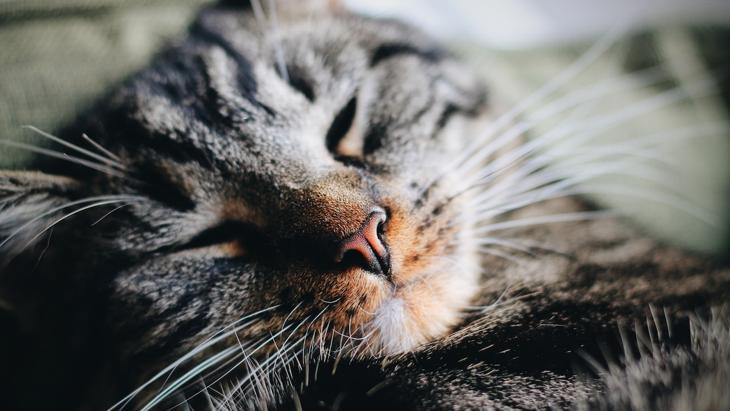Getting a good night’s sleep is essential for our physical and mental well-being. What we eat and when we eat it can have a significant impact on our sleep, as our bodies use the nutrients we consume to regulate our circadian rhythms. Understanding the science of food and sleep can help us make better choices about what to eat, how much to eat, and when to eat in order to get a better night’s rest.
How Food Affects Sleep
Food affects sleep in a variety of ways, from providing the energy that helps us stay awake during the day to helping us relax at night. Eating certain foods can also affect hormones like melatonin, which helps regulate our internal clocks. The timing of meals also plays an important role in how well we sleep; eating late at night can disrupt our circadian rhythms and make it harder for us to fall asleep or stay asleep.
Foods That Help You Sleep
Eating foods that are rich in tryptophan or magnesium can help promote relaxation and induce feelings of drowsiness. Tryptophan is an essential amino acid found in protein-rich foods like turkey, eggs, nuts, seeds, fish, and dairy products. Magnesium is found in leafy greens like spinach and kale as well as nuts and seeds like pumpkin seeds or sunflower seeds. Eating complex carbohydrates like oatmeal or whole-grain bread before bed can also help you relax by providing your body with a steady supply of energy throughout the night.

Drinking herbal teas with calming herbs such as chamomile or lavender before bedtime can also help you get better rest by reducing stress levels and promoting relaxation. And while it may be tempting to reach for caffeine late at night, research has shown that caffeine consumed within six hours of bedtime can disrupt your sleep patterns significantly more than if you had consumed it earlier in the day.
Foods That May Disrupt Sleep
Eating certain types of food close to bedtime may cause indigestion or acid reflux which could lead to difficulty sleeping through the night. Spicy foods such as chili peppers may be especially disruptive because they contain capsaicin which triggers heartburn symptoms in some people who are sensitive to them . Sugary snacks should also be avoided close to bed time since they provide a burst of energy that could make it difficult for you to settle down after eating them . Additionally, fatty foods such as cheeseburgers or fried chicken may take longer for your body to digest so they should be eaten earlier in the day if possible .

Conclusion
The science behind food and sleep shows us that what we eat affects how well we rest at night . Eating nutrient-rich foods like complex carbohydrates , leafy greens , proteins , magnesium -rich nuts , seeds , fish , dairy products , etc., before bedtime will help promote relaxation while avoiding spicy , sugary , fatty snacks close to bed time will help reduce indigestion symptoms that could disrupt your sleep . Incorporating these healthy habits into your daily routine will ensure you get quality rest each night .

 The Power of Saving for a Car: How to Plan and Save for Your Dream Car
The Power of Saving for a Car: How to Plan and Save for Your Dream Car